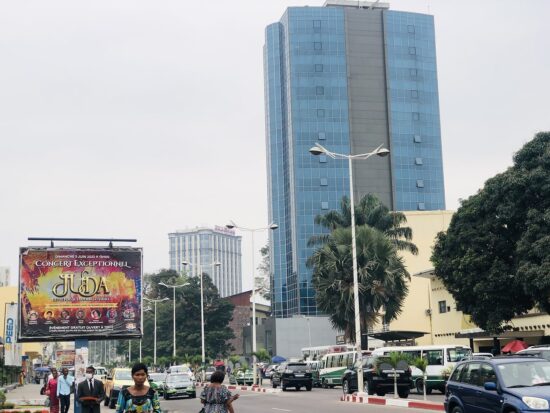Bacteriology testing and antimicrobial resistance detection capacity of national tiered laboratory networks in sub-Saharan Africa: an analysis from 14 countries
The study analyzed the weaknesses in antimicrobial resistance detection in 14 sub-Saharan African countries, focusing on the capacity of bacteriology laboratories. The research found that 78% of facilities had antimicrobial susceptibility testing (AST) capacity, providing geographical access to less than 50% of the general population. The study also found that reference laboratories had higher AMR detection readiness scores than district laboratories, private, not-for-profit laboratories had higher scores than government-affiliated facilities, and designated national AMR sentinel sites had higher scores. Strengthening bacterial testing and capacity for AMR detection represented less than 20% of the proposed interventions in 12 of the 14 national AMR action plans. The study suggests that prioritizing the scale-up of bacterial testing services is crucial for improving access to care and promoting quality AMR surveillance.
AMR NEWS
Your Biweekly Source for Global AMR Insights!
Stay informed with the essential newsletter that brings together all the latest One Health news on antimicrobial resistance. Delivered straight to your inbox every two weeks, AMR NEWS provides a curated selection of international insights, key publications, and the latest updates in the fight against AMR.
Don’t miss out on staying ahead in the global AMR movement—subscribe now!







